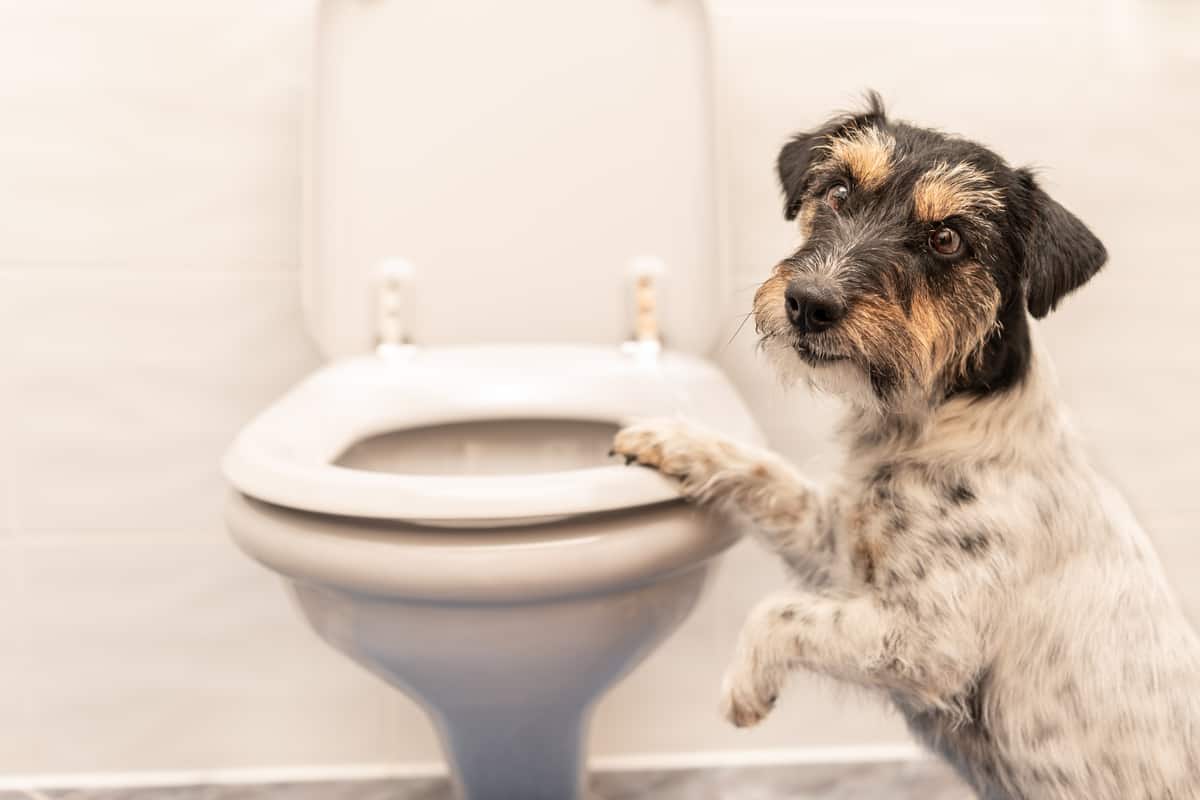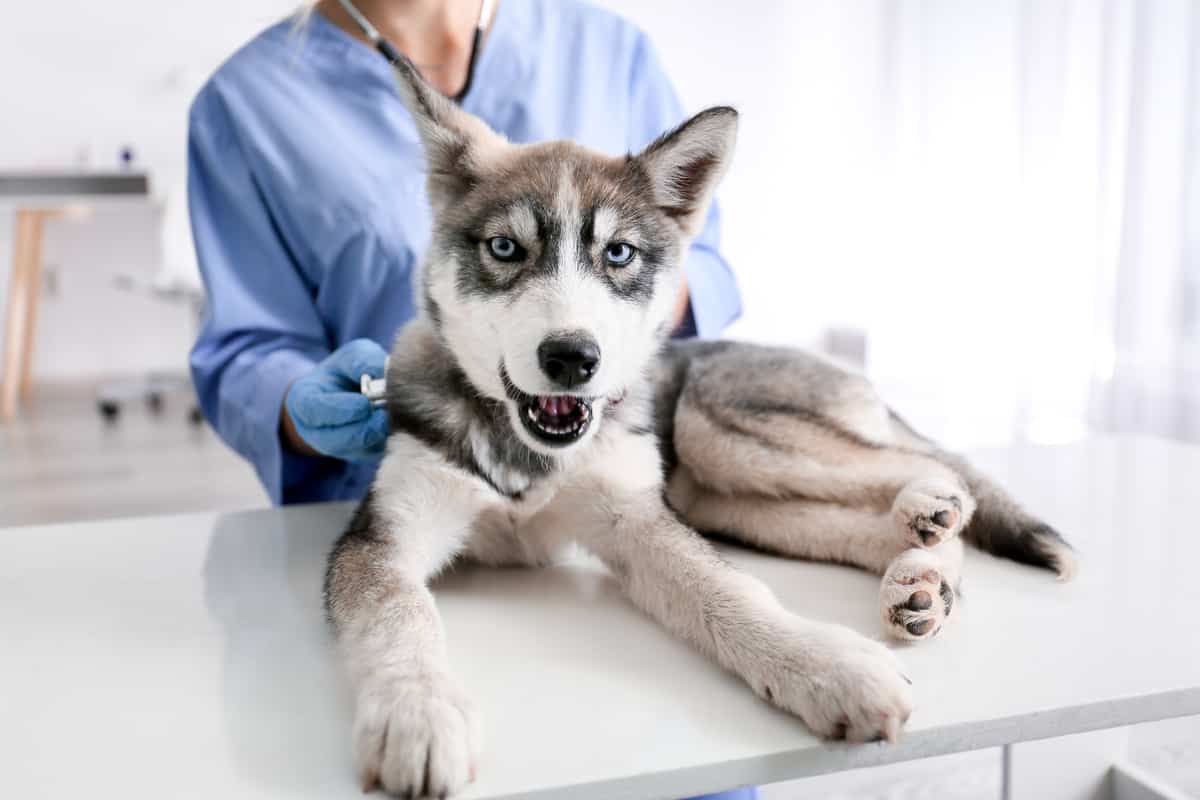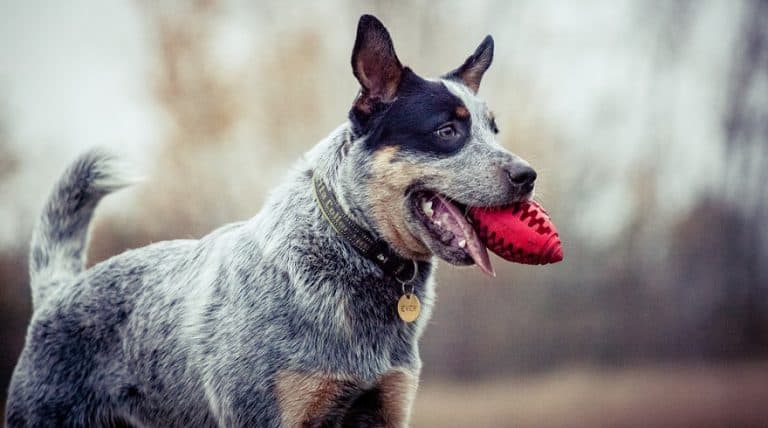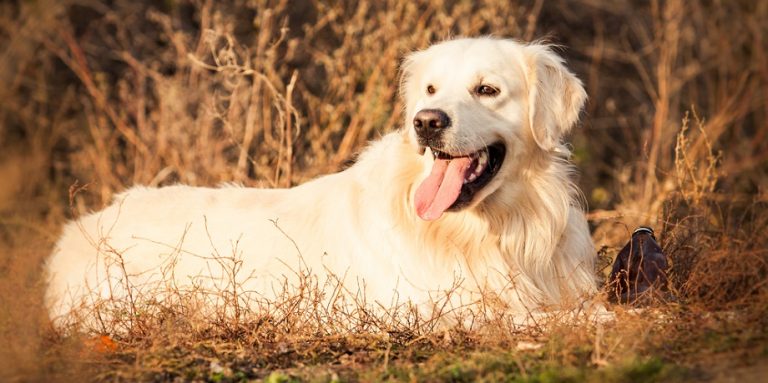Why Is My Dog Having Diarrhea At Night?
Your dog may have a problem with his digestive system that causes him to have loose stool, or diarrhea, at night. This can be caused by several things such as food allergies, parasites, and even stress.
If your dog has been diagnosed with one of these conditions, it’s important to seek veterinary care immediately.
Diarrhea in dogs can be a serious concern, especially if it occurs at night and the owner does not realize that this is happening until morning. This article will discuss some reasons why your dog may have diarrhea at night.
It should also help you to understand what causes nighttime diarrhea in dogs and how to treat it.
What Causes Diarrhea In Dogs?

Many things can cause diarrhea in dogs. The most common reason for diarrhea in dogs is an infection or parasite infestation.
Other possible causes include dietary indiscretion, environmental toxins, food allergies, gastrointestinal tract disorders, metabolic problems, kidney disease, liver disease, pancreatitis, thyroid disease, and other diseases.
Below, you will find some of the most common reasons why dogs get diarrhea.
Changes In Diet
The first reason we are going to discuss as a potential reason as to why your dog is suffering from diarrhea is dietary changes.
If you have recently changed the diet of your dog, and they are now experiencing diarrhea, then it may be due to this change in what they are eating, if it is not what they are usually used to having.
It could also be that your dog has become sensitive to something new in their food or perhaps there was an ingredient added to the food which caused them to react negatively to it.
This can cause diarrhea in some dogs because they don’t know how to handle these new foods that they have never eaten before. There are other reasons for diarrhea but changing diets is one of the most common causes.
It is like if you try a new food for the first time and your body disagrees with it – you may end up suffering from a poorly tummy.
Stress Or Anxiety
Another possible reason for your dog’s diarrhea at night is stress or anxiety. Dogs can get stressed out easily and when they do so, it can affect their digestive system.
They may experience diarrhea because they are too anxious about something, or they feel uncomfortable in their environment.
When your dog gets stressed out, it can make them more likely to eat things that they shouldn’t be eating, such as grass, dirt, leaves, etc. These types of items can irritate their stomachs and cause them to suffer from diarrhea.
Dogs can become stressed when they are being separated from family members when they are left alone for long periods, when they are afraid of something, or when they are feeling lonely.
You must keep your dog safe and calm by providing them with lots of attention and love. You should also provide them with plenty of exercise and playtime.
This way, they will be able to relax and enjoy life instead of worrying about anything that may then cause them to suffer from diarrhea.
Disease Or Illness
A third possible reason for your dog having diarrhea at night is disease or illness. Some diseases or illnesses can cause diarrhea in dogs. For example, parvovirus (a virus) can cause diarrhea in puppies. Other diseases include:
- Gastroenteritis – Gastroenteritis is an inflammation of the lining of the stomach and intestines. It is often associated with vomiting and diarrhea.
- Colitis – Colitis is an inflammation of part of the large intestine. Symptoms include loose stool, blood in the stool, abdominal pain, loss of appetite, fever, and weight loss.
- Pancreatitis – Pancreatitis is an inflammation of the pancreas. Symptoms include nausea, vomiting, diarrhea, abdominal pain, and low-grade fever.
If you suspect that your dog has any type of disease or illness, you need to take him/her to see a vet immediately so that they can be treated appropriately.
Many dogs recover quickly from these conditions, however, others require treatment for longer periods. The longer you leave your dog without treatment, the worse their condition may become.
Worms And Parasites
Another possible reason for diarrhea in dogs is worms and parasites. Most dogs carry worms and parasites naturally. However, sometimes these organisms can enter the dog through their mouth or anus and cause diarrhea.
Common parasites that can infect dogs include roundworms, hookworms, whipworms, tapeworms, pinworms, and fleas.
Roundworm infections are very common in dogs. Your dog may have eaten contaminated soil, feces, or vegetation containing eggs from another animal infected with roundworms.
Hookworms are found in areas where there is poor sanitation. Whipworms live in the small intestine of dogs. Tapeworms are parasites that live inside the body of humans and other animals.
Pinworms live in the anal area of dogs. Fleas can bite dogs and transfer the parasite to them.
To prevent infection, wash your hands before handling food or petting your dog. Also, clean up after your dog outside.
If you notice any signs of worms or parasites on your dog, contact your vet right away. Worms are usually easy to treat, but if your dog has severe symptoms, he/she may need medication.
Allergy And Food Intolerances
An allergy is a reaction your dog has with certain foods, medications, or environmental factors. Allergies can cause your dog to develop diarrhea.
Oftentimes, allergies are caused by food intolerances, which means that your dog cannot properly digest certain foods. If your dog develops diarrhea due to an allergic reaction, he/she may not want to eat or drink anything.
Sometimes, this causes your dog to vomit and lose fluids. In some cases, your dog may even stop breathing. If your dog’s diarrhea does not resolve itself within 24 hours, it could be because of an allergy.
Contact your vet immediately so that they will help diagnose what is causing your dog’s problem.
Common allergies for dogs include dairy products, wheat, corn, soybeans, beef, chicken, fish, shellfish, peanuts, tree nuts, egg, milk, and chocolate.
In fact, some foods are considered poisonous to dogs and so should never be ingested including onions, garlic, mushrooms, bell peppers, coffee beans, raisins, grapes, and chocolate. All of these foods will likely cause your dog to suffer from diarrhea.
Reaction To Medication
Some medications can cause diarrhea in dogs. These drugs include antibiotics, anti-inflammatories, steroids, heart medicines, and cancer treatments. Antibiotics are used to kill bacteria and viruses.
They are commonly prescribed when treating bacterial infections such as ear infections, urinary tract infections, skin infections, etc. Anti-inflammatory drugs are also used to reduce pain and inflammation.
Steroids are often given to dogs who have had surgery. Heart medicine is used to control high blood pressure in people.
Cancer treatment involves giving chemotherapy or radiation therapy to patients. Dogs receiving chemotherapy or radiation therapy may experience nausea, vomiting, loss of appetite, and diarrhea.
As soon as you notice these symptoms, contact your vet immediately. If you notice your dog developing diarrhea while taking one of these medications, call your vet immediately.
Being Overweight
Excessive weight gain can lead to excessive water retention. This can cause your dog to become bloated and feel full. When your dog is overweight, his/her stomach expands and pushes against the intestines.
The result is diarrhea. You can tell if your dog is overweight by measuring him/her around the chest (under the armpits) and waist. A healthy dog’s weight will depend on the breed of the dog.
Consult your veterinarian about how much weight your dog needs to maintain good health. Your dog’s diet plays a major role in keeping him/her healthy. Make sure that your dog gets plenty of exercise and eats a balanced diet.
Change In Environment
A fourth possible reason for your dog suffering from diarrhea at night is that he/she is living in a different environment than usual.
For example, if you recently moved into a new home, then your dog might be experiencing stress. He/she may be feeling overwhelmed with changes in his/her surroundings.
It is important to make sure that your dog is comfortable in his/her new home. If you notice any signs of discomfort, change your dog’s environment accordingly.
For instance, if your dog is stressed out, try playing music or reading a book to calm him/her down.
Kidney Problems
A kidney disease called nephrosis can cause your dog to have watery stools. This condition occurs when the kidneys do not work well enough to remove toxins from the body.
This leads to excess fluid buildup in the body. Diarrhea is one of the most common symptoms of nephrosis. Other symptoms include fatigue, weakness, lethargy, depression, muscle wasting, and vomiting.
Most dogs recover from this condition within two months. However, some dogs die because they cannot get rid of the toxins in their system. Contact your vet right away if you notice any of these symptoms.
When Should You Visit The Vet?

If you have noticed your dog has been suffering from diarrhea, you do not necessarily need to panic. There are many reasons why your dog could be experiencing diarrhea at night.
By learning more about what causes diarrhea, you can help prevent it from happening again. Here are some tips to keep in mind:
- Keep an eye out for any unusual behavior.
- Watch for signs of dehydration.
- Monitor your dog’s food intake.
- Try to identify any underlying medical conditions.
- Be observant of other symptoms.
- Call your vet if you see any abnormal behaviors.
How To Treat Diarrhea In Dogs
Diarrhea can be caused by various factors. To treat your dog effectively, you must first determine which factor is causing the problem.
Once you know the source of the issue, you can choose the best course of action. Here are some tips for treating diarrhea in dogs:
- Give your dog fluids.
- Offer bland foods like rice and potatoes.
- Feed small meals throughout the day.
- Avoid giving treats until after your dog has eaten.
- add probiotics to your dog’s diet. Probiotics are beneficial bacteria that live naturally in the digestive tract. They promote normal digestion and help reduce gas. Some veterinarians recommend adding 1 teaspoon of yogurt containing live cultures daily to your dog’s diet as a natural way to support gut health.
- Do not use laxatives. These products can upset your dog’s digestive tract and worsen diarrhea.
- Prevent further exposure to the cause of diarrhea.
Remember that there are many ways to treat diarrhea in dogs. By taking the time to learn as much as you can about the subject, you can find the best treatment options for your pet.
Why Is My Puppy Having Diarrhea At Night?
Puppy tummies may be more sensitive than fully grown dogs. They also tend to eat more frequently than older dogs. As such, puppies will often experience diarrhea during the night.
If you notice that your puppy is having diarrhea at night, here are some things you should consider doing:
- Make sure that your puppy is getting adequate nutrition – especially protein. Check your puppy’s diet for high levels of fiber. Fiber helps to bulk up the stool and reduce the risk of loose stool.
- Increase the amount of water that he/she drinks. This will help because it reduces the chances of dehydration.
- Consider switching to a low-fat diet. This will help to reduce the frequency of bowel movements.
- Check with your veterinarian about medication options – this may be necessary if your puppy does not respond to dietary changes.
- Take your puppy to the vet immediately if you notice any changes in his or her health.
Conclusion
Dogs can suffer from a variety of gastrointestinal problems. Some of them are very serious and require immediate attention. Others are less severe but still warrant a visit to the vet.
It is important to take note of any unusual behaviors or symptoms that your dog exhibits. By knowing how to recognize the different types of bowel disorders, you can better care for your furry friend.
The information provided in this article was meant to give you a better understanding of how to deal with diarrhea in dogs.
It is essential to note that each case of diarrhea is different. Therefore, you should always consult with your vet before making any decisions. With proper care, your dog should be able to enjoy a long life free of diarrhea.






